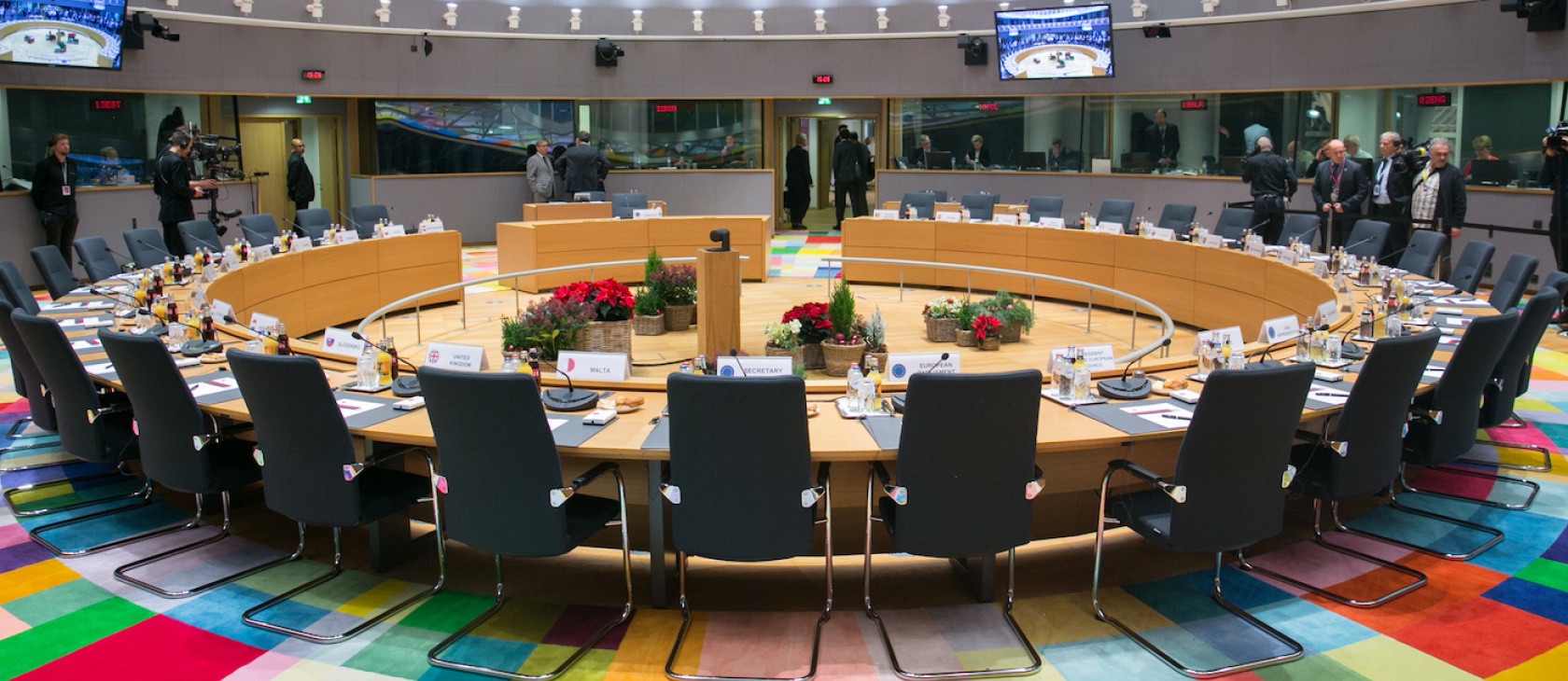The European Union presented itself as open to the views of average voters through an initiative process, but a new court ruling authorizes European politicians to ignore the voice of their constituents. Politicians have chosen to discard a broad-based call to bring European funding into line with the moral views of EU citizens. This calls the EU’s claim to represent its citizens into question and furthers the crisis of Euroskepticism within its member states.
Late last month, the Advocate General delivered his highly anticipated opinion in the Grand Chamber case of Puppinck and Others v. Commission. The case involves the “One of Us” Federation and its successful European Citizens’ Initiative (ECI) calling upon the European Union to stop funding research that destroys the human embryo and to end budget expenditures which fund the practice or promotion of abortion in non-EU countries.
(Full disclosure: I write this article both as a legal commentator and as co-counsel for the “One of Us” Federation.)
The History of the ECI
The ECI, as a mechanism of direct democratic participation, was born partly out of existential desperation. In 2005, French voters had rejected the European Union’s constitution by way of national referendum. A few months later, an overwhelming 61.6 percent of voters in the Netherlands did the same. From this constitutional crisis emerged the Treaty of Lisbon, which recognised the dangers of the public perception that there exists a democratic deficit within the European Union. It introduced Article 11(4), which states:
The “One of Us” case presents a myriad of legal and ethical issues which include questions about the democratic legitimacy of the EU, subsidiarity, the rule of law, and principles of natural law.
Not less than one million citizens who are nationals of a significant number of Member States may take the initiative of inviting the European Commission, within the framework of its powers, to submit any appropriate proposal on matters where citizens consider that a legal act of the Union is required for the purpose of implementing the Treaties.
Regulation 211/2011 created the procedures governing the ECI, which held that a successful ECI must collect at least one million statements of support within 12 months, meeting a minimum threshold of participation in at least one quarter of the member states. The ECI must also make legislative proposals which fall within the legislative competencies of the European Union; those proposals must also not be manifestly abusive, frivolous or vexatious, and they must not be contrary to the values of the union as set out in Article 2 of the Treaty on European Union.
“One of Us”
Organising a successful ECI is a Herculean task. For example, the financial cost of the “One of Us” Initiative was more than €150,000. The initiative involved thousands of volunteers. In Italy alone, more than 5,000 volunteers gathered signatures. Using a conservative estimate that 10 minutes’ worth of effort was required to acquire each signature (a little less for electronic signatures and a little more for paper signatures), between citizen signatories and volunteer time, it would have taken 17 million minutes to collect the signatures gathered by the “One of Us” ECI. For a single person, working 24 hours a day, non-stop, this would equate to nearly 33 years’ worth of work.
The challenge of organising a successful ECI is so great in fact, that to date only four ECI’s have been successful. Nearly seven-times this number of ECI’s have been rejected at the registration level, and nearly five-times as many have been withdrawn.
The perceived democratic deficit becomes reality
When “One of Us” delivered its successful initiative to the European Commission, it was shocked to discover that the Commission was not even willing to introduce the proposals to the European Parliament. Instead, it opted to take no action whatsoever in relation to the most supported ECI in history. The communication it provided to “One of Us” made it clear that its reasons for doing so were ideological. Simply put, the Commission liked existing policies funding measures which destroyed human embryos domestically and supported abortion abroad.
Dismissing the voices of 1.7 million citizens and the year-long effort it took to obtain their statements of support is the very definition of a democratic deficit.
“One of Us” then brought the case brought before the General Court of the European Union, arguing that the ECI has no meaning whatsoever if the European Commission can reject successful proposals based on political ideology alone. Precisely stated, what value does the ECI have if citizens can only hope to have their successful ECI’s introduced as legislative proposals if those proposals are already in line with something the Commission would propose on its own accord? Dismissing the voices of 1.7 million citizens and the year-long effort it took to obtain their statements of support is the very definition of a democratic deficit.
The politics of morality
The General Court, last April 23, rejected the claim holding that the European Commission enjoys a near monopoly on initiating new legislation and, therefore, has the discretion to reject the successful ECI. An appeal was brought by “One of Us” that June 26, with an oral hearing being held before a 15-judge Grand Chamber on March 25, 2019. As part of the EU Court’s procedure, an Advocate General, siting with the judges, issues a non-binding opinion that assists the court in its deliberations. This opinion was delivered on July 29 and called upon the Grand Chamber to uphold the ruling of the General Court.
It is important to note at this stage that the Advocate General’s Opinion is not binding on the Grand Chamber, which can still find in favour of “One of Us.” Practically speaking however, it is rare for the Court to depart from the Advocate General’s deliberations.
Conclusion
The dissatisfaction with the European Union, which was a hallmark of 2005, has even more grounds in 2019. In 2005, few people would have imagined something like Brexit being possible. Now, particularly with egregious breaches of democratic exercise like we have witnessed with “One of Us”, not only should the EU be worried about Brexit, it should be terrified that Brexit will be replicated in other member states, as well.
The “One of Us” case presents a myriad of legal and ethical issues which include questions about the democratic legitimacy of the EU, subsidiarity, the rule of law, and principles of natural law. The Grand Chamber’s decision in this case may ultimately make the ECI a dead letter and, with it, the voice of European citizens.
The legacy of its decision may prove far more ominous to the future of the EU in post-Brexit Europe.
(Photo credit: European Council. This photo has been cropped. CC BY 2.0.)




